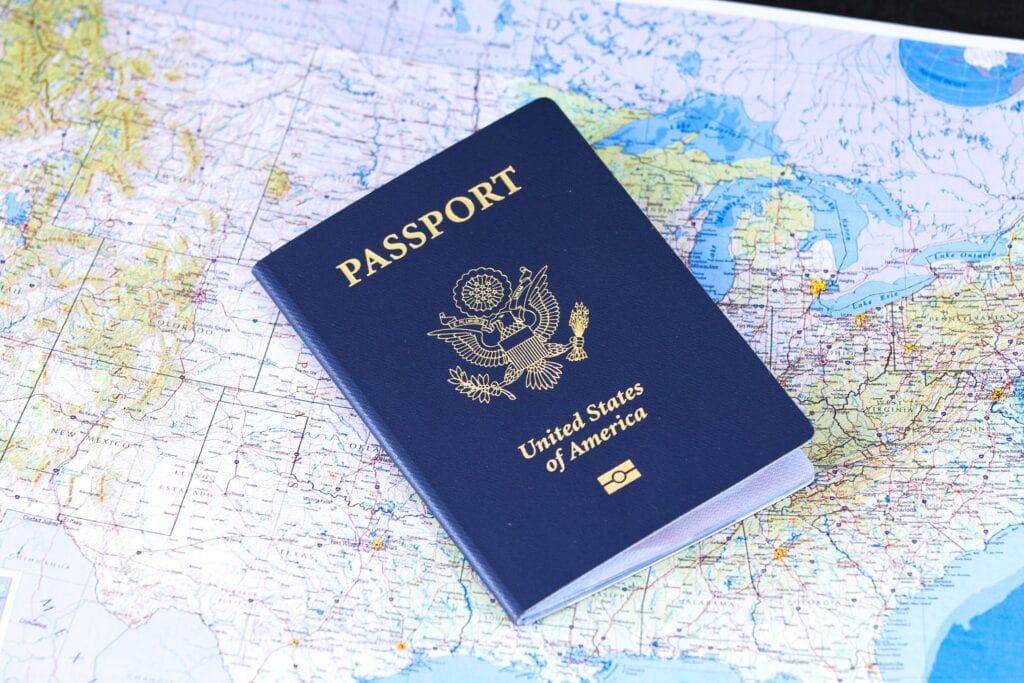|
|
Digital nomads broke the common rules of the work life. They packed their suitcases, said goodbye to their bosses and got on a plane; moving from one dream destination to another. All of this, while working remotely.
But do digital nomads break other rules? Like paying taxes?
How and where do they pay taxes when they are moving from one place to another? Or can digital nomadism be a trick to avoid paying taxes altogether?
These are some of the questions we will try to clear out in this article. However, please note that this article does NOT constitute any legal or financial advice. Please consult with your local experts.
It’s all grey!
Let’s agree on something before we dive into details. Digital nomadism is a relatively new reality; and thus, most of the rules of the game are not defined yet.
Taxes, as a topic, is a super complicated one, without adding the complexity of people of different nationalities travelling to different destinations.
Who can know the details? You’ll say. The answer would be, international tax consultants. However, let’s be realistic; these are very expensive to hire or consult with, and usually they reserve their services to people earning big sums of money annually (we are talking 9 figures). But, don’t worry! We will try to give you at least a basic idea, that we hope will help you make decisions.

Are digital nomads exempt from paying taxes?
Legally, no. Digital nomads should pay taxes on their income just like everyone else. However, in which country do they file their taxes? And on what basis? These are the complicated questions that we will attempt to answer below.
On what basis is someone taxed?
In general, people are taxed based on one (or more) of the below criteria. It’s advisable that you consider which of these apply to you before you start your nomad journey.
- Your nationality.
- Your country of residence.
- The frequency you travel with.
- Your earnings.
- Your employment status. (whether you are self-employed or a business owner).
Many tax experts will tell you that your tax authority (of the country of your nationality) has the power to decide where you pay your taxes. In the UK for example, they will consider how many days you are in your home country per year, where you earn, where you spend, where you own/rent a house and where you have your bank accounts. However, for digital nomads, there are other elements that affect that decision.
For example, U.S. citizens are taxed based on nationality. It doesn’t matter where you are in the world; if you are an American citizen, you will be taxed by the U.S.
In the case based on residence, most countries dictate that if you reside in a country for more than 183 days you become a tax resident there. Other countries will claim you should pay taxes there if you have your primary address in the country, like in the case of Portugal.
On the other hand, if you keep travelling from one place to another while having no tax residency anywhere, maybe you will be able to avoid taxes for a while. The same applies if you establish an offshore company. However, in both cases you are NOT legal; and if it is discovered, you will probably face financial and maybe legal consequences.
Bear in mind that many countries have a tax fallback law. This means that if you are not registered for paying taxes anywhere, you will be taxed in your home country; or in some cases in the country of your last residency.
Lastly, whether you are self-employed or not also affects the situation of your taxes. If you are a freelancer/self-employed, you have so much more deductible expenses; which means you will pay less to no taxes.

So, what do I do?
We gathered advice from different digital nomads to give you several options. You can check what suits you and decide if you want to proceed with that. However, make sure you check at least one option in each of the below levels.
Level 1: Getting all the information:
- Research: Get to know the tax system of both the country of your citizenship and your residence (or your destination). You can check the tax and immigration guide of EY
- Prepare to be prepared: in any case, you should be prepared to log all your expenses and keep all your receipts. This will help you get returns and deductibles; and in the case of digital nomads this can cover things like plane tickets, laptops, coworking spaces’ subscriptions and even web hosting and domain fees.
- Find a tax-preparer or an accountant: With digital nomadism on the rise, more experts are trying to keep up with the laws.
Level 2: Making decisions:
- Consider giving up your nationality: for American citizens, sometimes it’s more economical to give up their nationality. It sounds extreme, but some nomads have done it.
- Set your tax residency at home: Registering your taxes in your home country is a safe option. You can register your address at your parents’ house, and pay taxes in your country like you always did.
- Deregister from your country and travel nonstop: Don’t stay more than 6 months in your home country. Travel on tourist visas and keep moving every few months.
The reality is, the countries you visit will not care because as a digital nomad, you don’t take jobs from the locals. However, try to keep a low key; as legally, you are not supposed to work on a tourist visa.
- Establish residency somewhere favorable: Choose where you want to pay your taxes and set up shop there. You can choose a no-tax country, these include Bermuda, Bahamas and the UAE.
Or, you can choose a territorial tax country. These are countries where you pay taxes only on the money earned there. These include, Costa-Rica, Gibraltar, Malaysia and Hong Kong.

How is the tax system in your country?











